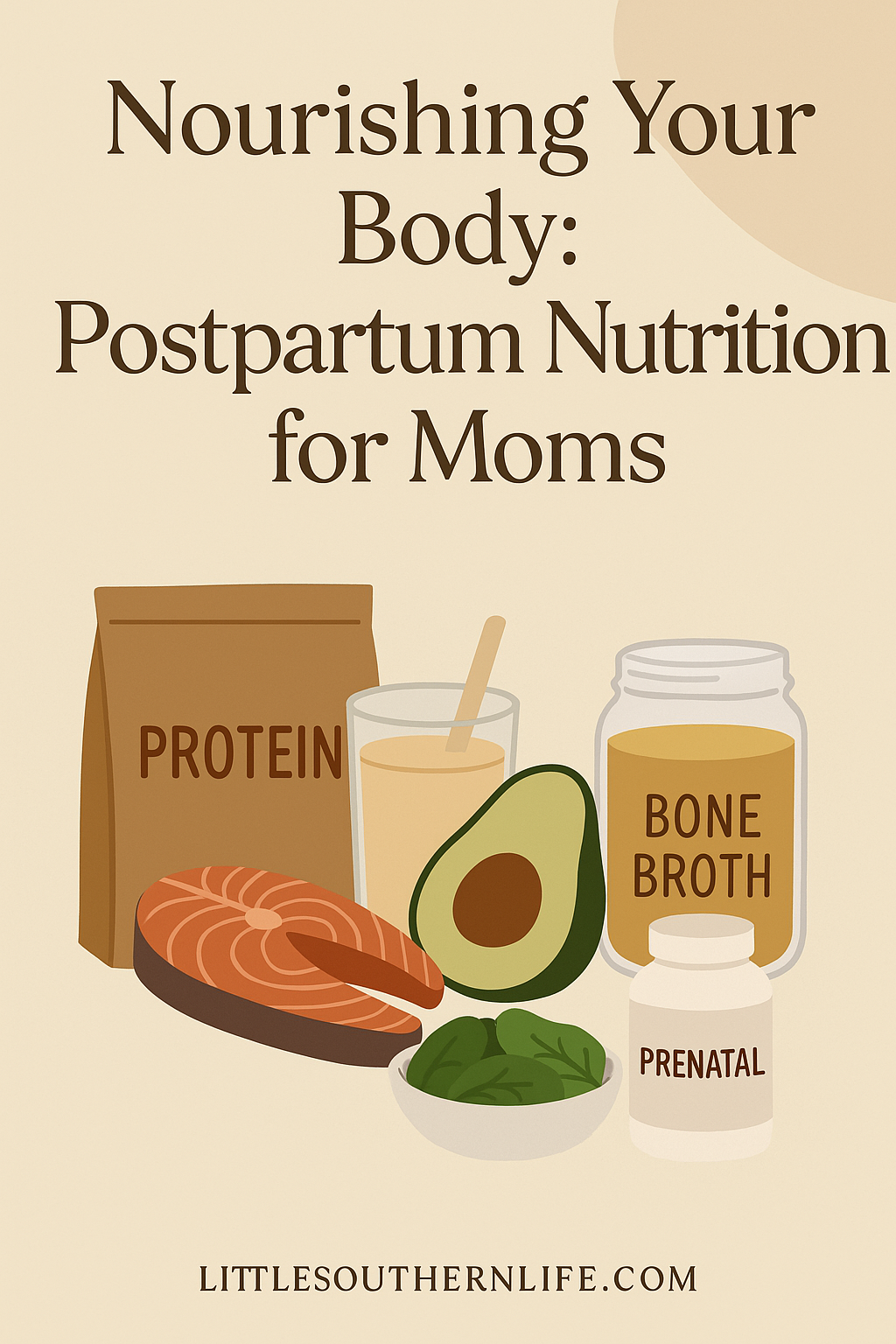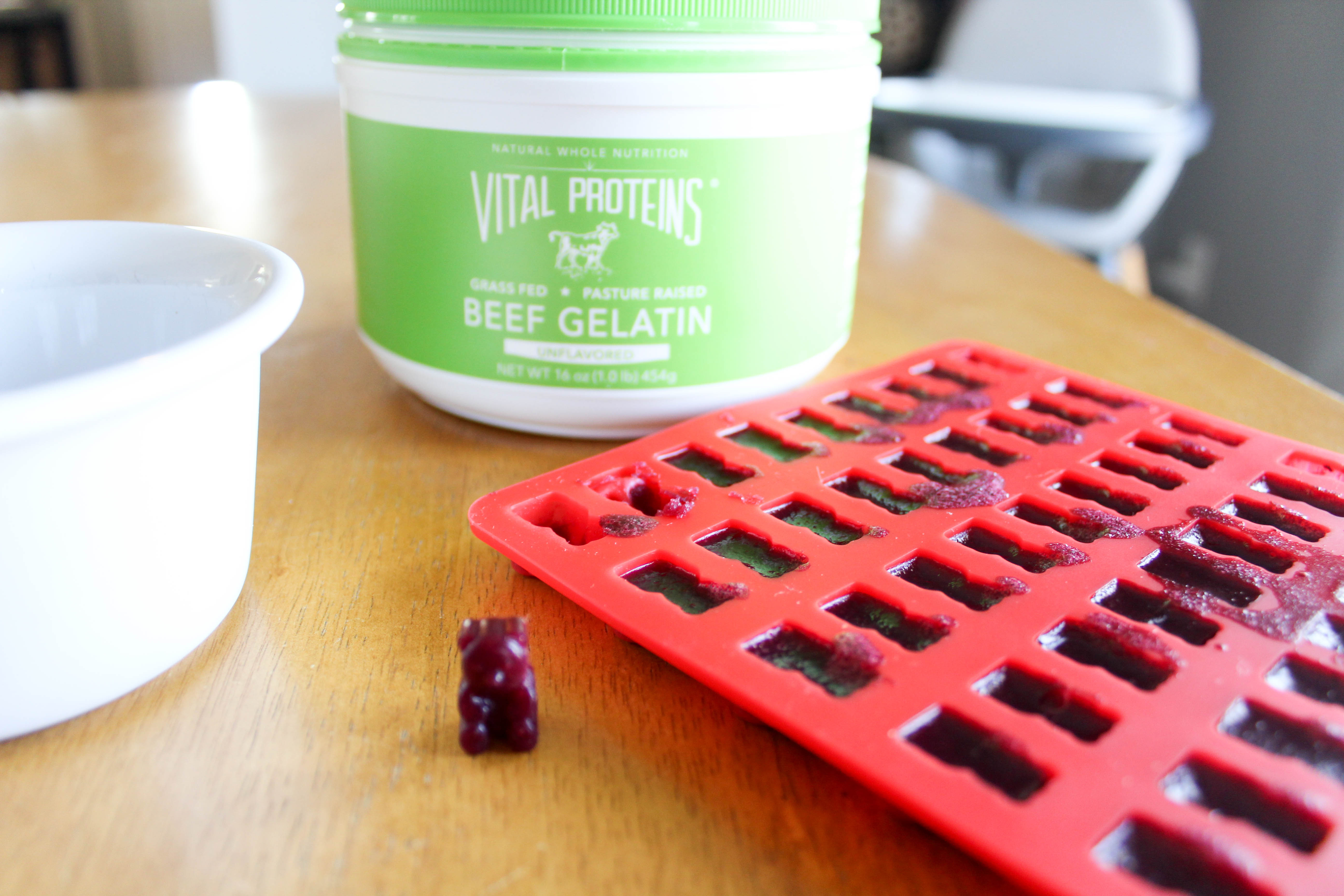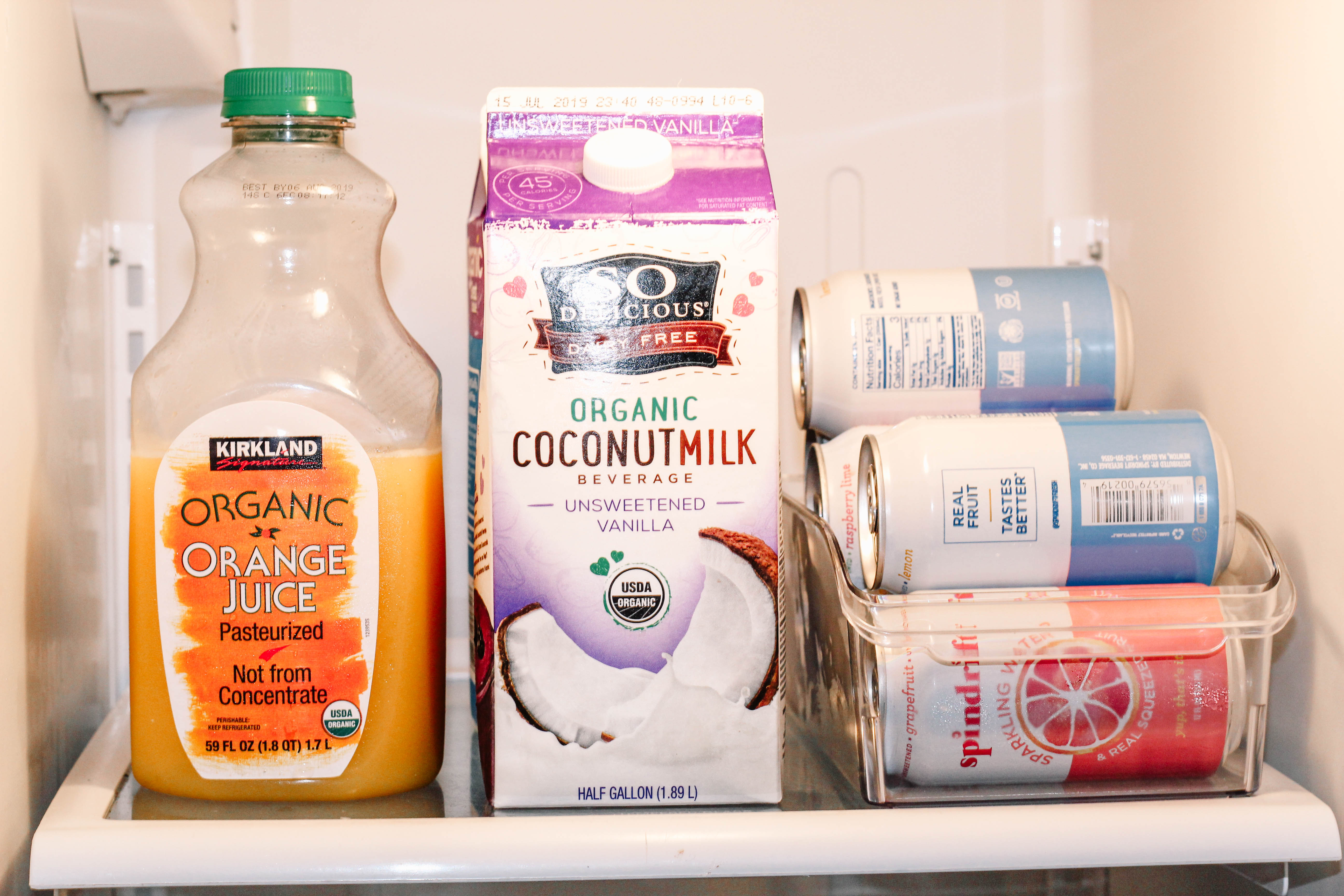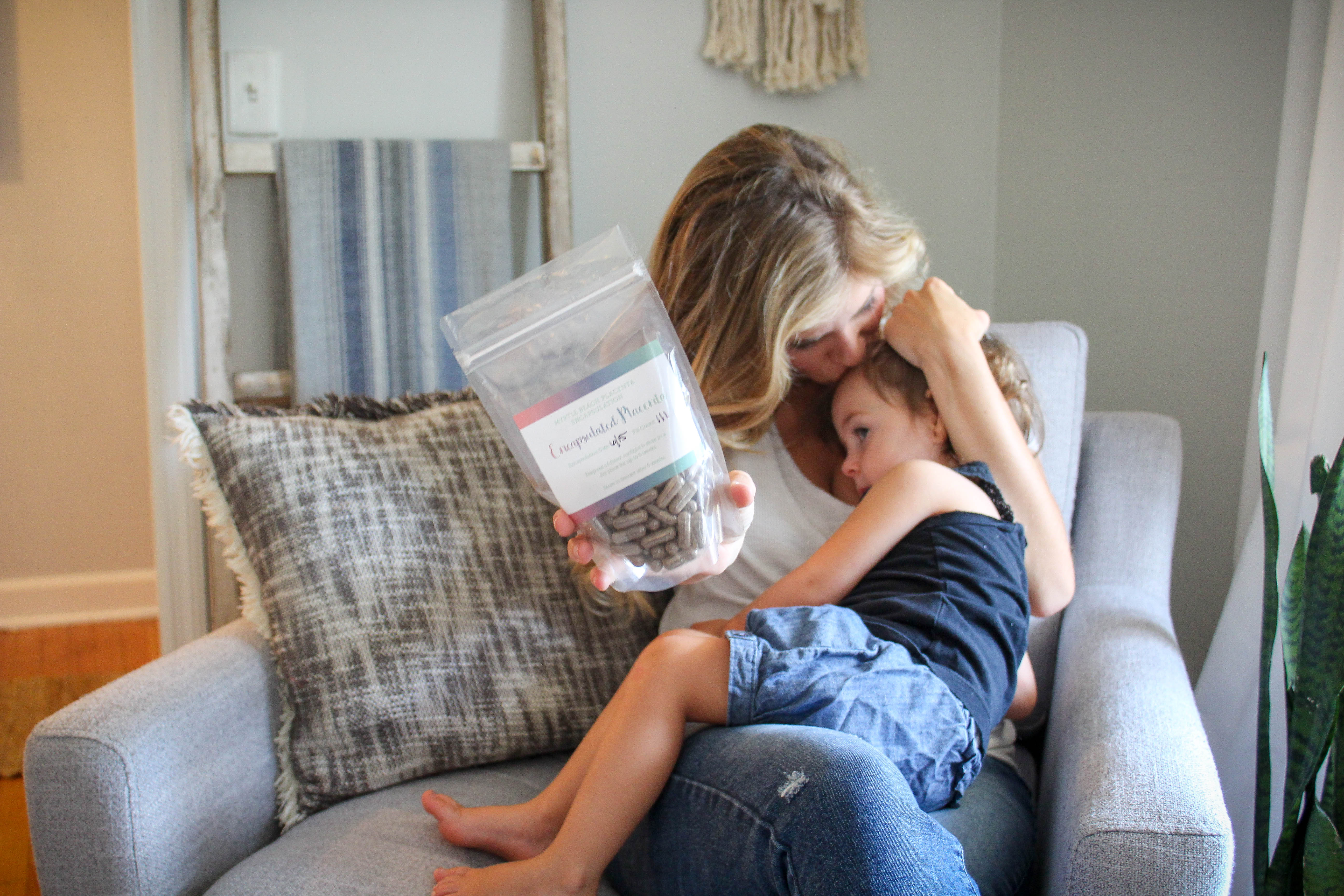-
Why Postpartum Recovery Needs More Than a 6-Week Checkup
When I had my first baby, I remember counting down to my 6-week postpartum appointment like it was some magical finish line.I thought: Once I get cleared, everything will feel normal again. But when that quick 10-minute checkup ended with a “You’re good, see you next year,” I walked to my car holding back tears.I didn’t feel “good.” I didn’t feel “cleared.”I felt exhausted, overwhelmed, and completely unprepared for what real postpartum healing actually looked like. The truth is, postpartum recovery doesn’t fit neatly into a 6-week box — and if you’re feeling that too, you’re not broken.You’re normal.And you deserve more. So What Does Real Healing Look Like? It looks…
-
Nourishing Your Body: Postpartum Nutrition for Moms
Whether you’re one week or one year postpartum, what you eat matters. I’m sharing this from the heart (and from experience—seven babies later!) because postpartum nutrition is one of the most overlooked yet powerful tools for helping moms feel like themselves again. Food is not just fuel—it’s medicine. Especially after the wild, beautiful marathon of growing and birthing a baby. Let’s dive into the why behind intentional postpartum nourishment, what foods help the most, and some of the exact protocols I personally use and recommend to my clients. Why Postpartum Nutrition Is So Important During pregnancy, your body gives and gives—transferring nutrients like iron, calcium, B vitamins, essential fatty acids, and protein to your…
-
The Busy Mom’s Guide to Cycle Syncing (for Hormone Balance & More Energy!)
What is Cycle Syncing, and Why Does It Matter? Cycle syncing is the practice of adjusting your nutrition, movement, and lifestyle to align with the four phases of your menstrual cycle. When we work with our hormones instead of against them, we can experience better energy, balanced moods, reduced PMS symptoms, and improved overall health. If you’ve ever felt like your workouts, productivity, or food cravings fluctuate throughout the month—you’re not imagining it. Your hormones shift in predictable ways, and when you learn to support them, you’ll start to thrive instead of feeling like you’re constantly playing catch-up. The Four Phases of Your Cycle (and How to Support Each One!) 1. Menstrual Phase (Days 1-5)…
-
How Our Family Saves Money on Groceries As a Family of 9
Feeding a family of nine while sticking to a budget is no small feat, especially when you’re committed to eating mostly organic and whole foods. Over the years, we’ve fine-tuned a system that works for us, balancing nutrition, simplicity, and savings. If you’re looking for tips to cut grocery costs without sacrificing quality, I’m sharing everything that helps us make it work. 1. Meal Planning Is a Game Changer The number one way we save money is by planning meals for the week. Knowing exactly what we’ll eat helps me avoid impulse buys and ensures we’re using everything we purchase. Here’s how I do it: If you’re overwhelmed by the…
-
Nutrient-Dense Foods: Essential for Women, Especially Postpartum Moms
When it comes to nutrition, not all foods are created equal. Nutrient-dense foods, packed with vitamins, minerals, and essential compounds, play a critical role in supporting overall health, energy, and healing—especially for women navigating postpartum recovery. Focusing on these superfoods can help rebuild the body, balance hormones, and promote long-term well-being. Why Nutrient-Dense Foods Matter Nutrient-dense foods deliver maximum nutrients with fewer empty calories, making them the perfect foundation for busy moms and postpartum women who need to nourish their bodies efficiently. During postpartum, a woman’s body undergoes significant changes, from repairing tissues after childbirth to producing breast milk and managing hormonal shifts. Consuming nutrient-rich foods ensures the body has…


















